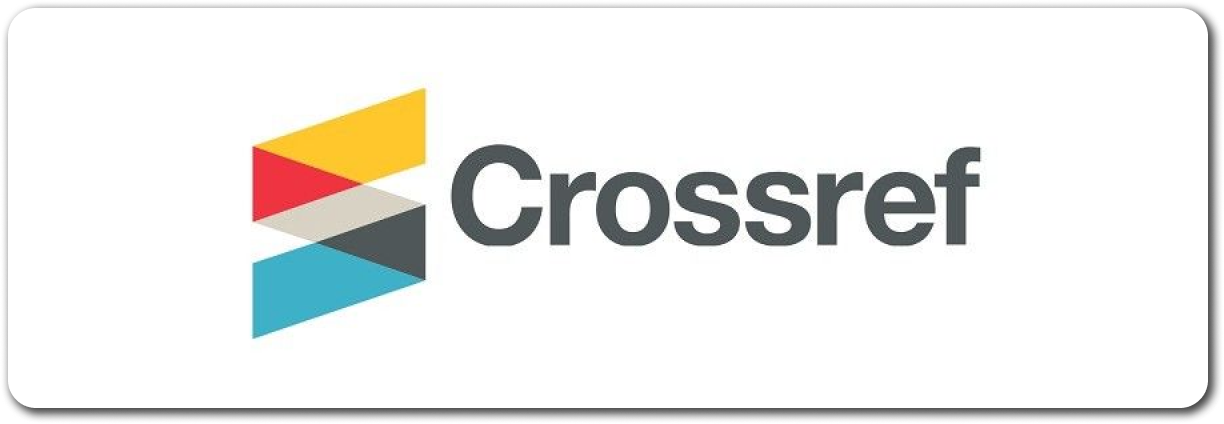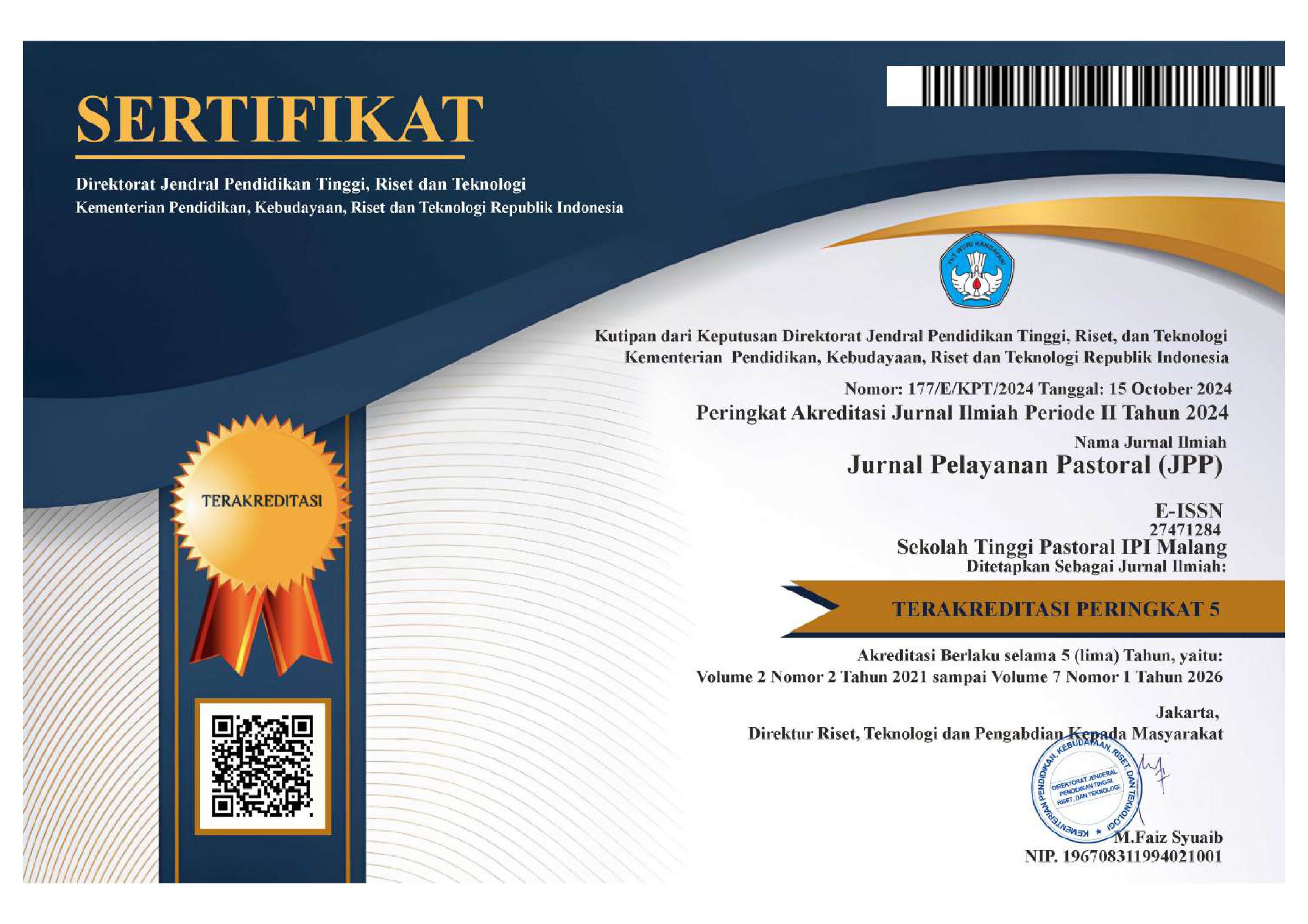UPAYA MENINGKATKAN KEMAMPUAN OKUPASI ANAK TUNAGRAHITA SEDANG MELALUI PELAKSANAAN PROGRAM TERPADU BHAKTI LUHUR
DOI:
https://doi.org/10.53544/jpp.v2i2.266Keywords:
PTBL program, moderate mental retardationAbstract
Children with moderate mental retardation are a category of children who need assistance in learning everything including in the field of household work occupations. The Bhakti Luhur Integrated Program (PTBL) is a flagship program used by the Bhakti Luhur Foundation that is involved in handling people with disabilities, one of which is mentally retarded children. One of the fields in the Integrated Bhakti Luhur Program (PTBL) is the occupational field with the sub-sector of household work. This study aims to assess whether household work occupational training is effective in improving the ability of children with moderate mental retardation. This study uses a quantitative descriptive research design, with the subject of 4 children with moderate mental retardation. The data collection method used is full participant observation. Meanwhile, data analysis was carried out by processing the final test minus the initial test and then presenting it. The results showed that: for the PU subject from the four exercise items, the results were 50.8%, for the PA subject from the four exercise items the results were 56%, for the AG subject from the four exercise items the results were 65%, for the MZ subject from the four exercise items the results were obtained. 82.5%.
Downloads
Published
How to Cite
Issue
Section
License
Copyright (c) 2021 Jurnal Pelayanan Pastoral

This work is licensed under a Creative Commons Attribution-NonCommercial-NoDerivatives 4.0 International License.
All articles published in the Jurnal Pelayanan Pastoral (JPP) are licensed under the Creative Commons Attribution 4.0 International License (CC BY 4.0). This license allows anyone to copy, distribute, display, and adapt the published articles, for both commercial and non-commercial purposes, as long as proper credit is given to the original author(s) and the source.
By publishing in JPP, authors agree that:
- The article may be reused by others under the terms of the CC BY 4.0 License, provided appropriate attribution is given.
- Authors retain their moral rights to the published work.
- The Jurnal Pelayanan Pastoral (JPP) encourages authors to share their work through institutional repositories, personal websites, and other academic platforms.
For more information, please visit the official license page: https://creativecommons.org/licenses/by/4.0/















